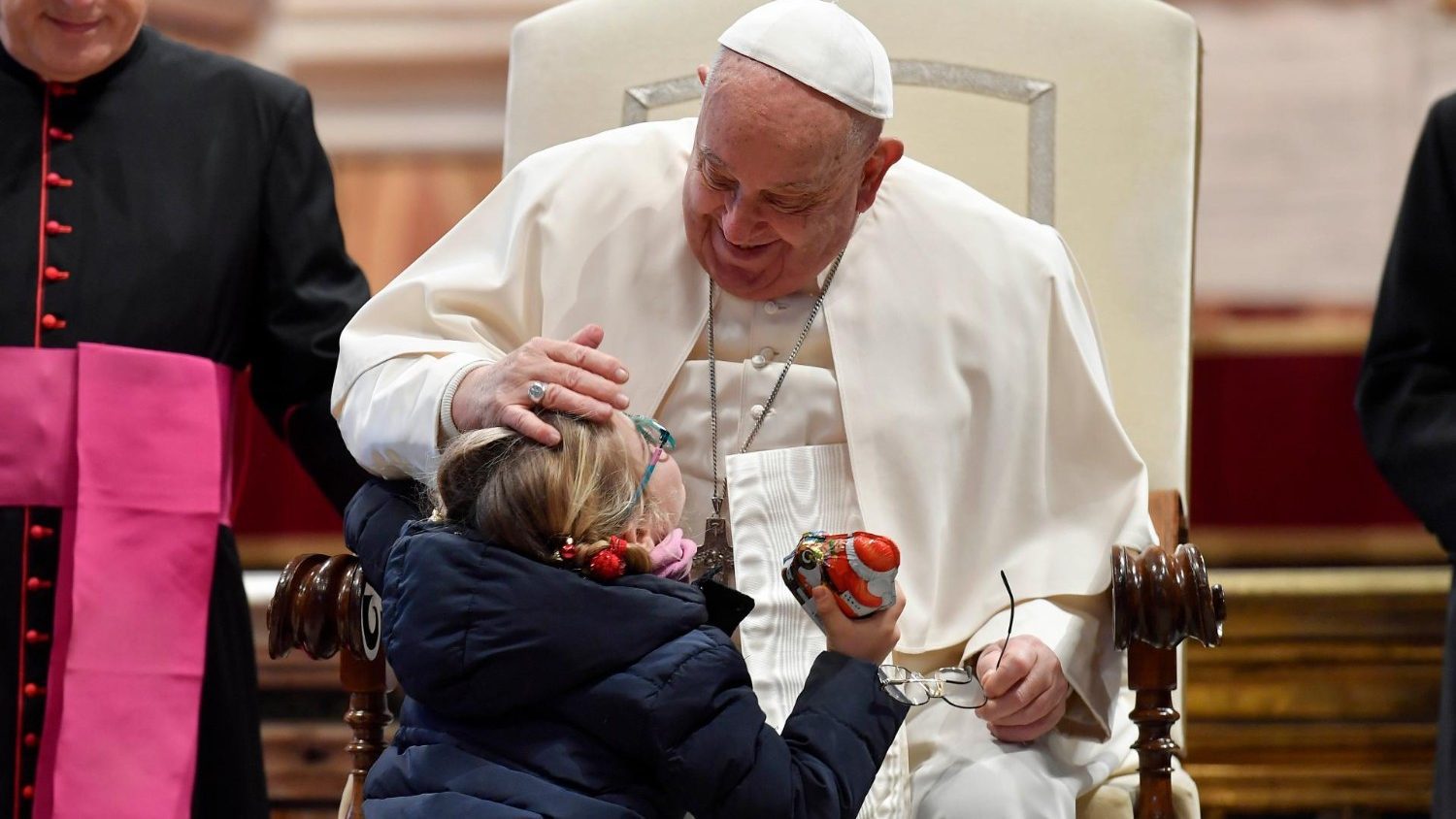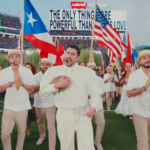In the solemn stillness of Easter Monday morning at 7:35 am, Pope Francis, the beloved shepherd of 1.3 billion Roman Catholics worldwide, completed his earthly journey. The Vatican’s announcement, confirmed by Cardinal Kevin Farrell, the Vatican camerlengo who oversees Church operations during a papal interregnum, marked the end of a transformative era for the Catholic Church.
“At 7:35 this morning, the Bishop of Rome, Francis, returned to the home of the Father,” Cardinal Farrell announced, his voice carrying the weight of history. “His entire life was dedicated to the service of the Lord and of his Church.”
The 88-year-old pontiff passed away nearly a month after being released from a Rome hospital where he fought valiantly against a respiratory infection that ultimately developed into pneumonia. His departure leaves behind a profound legacy of reform, compassion, and bridge-building that redefined the papacy for the modern era.
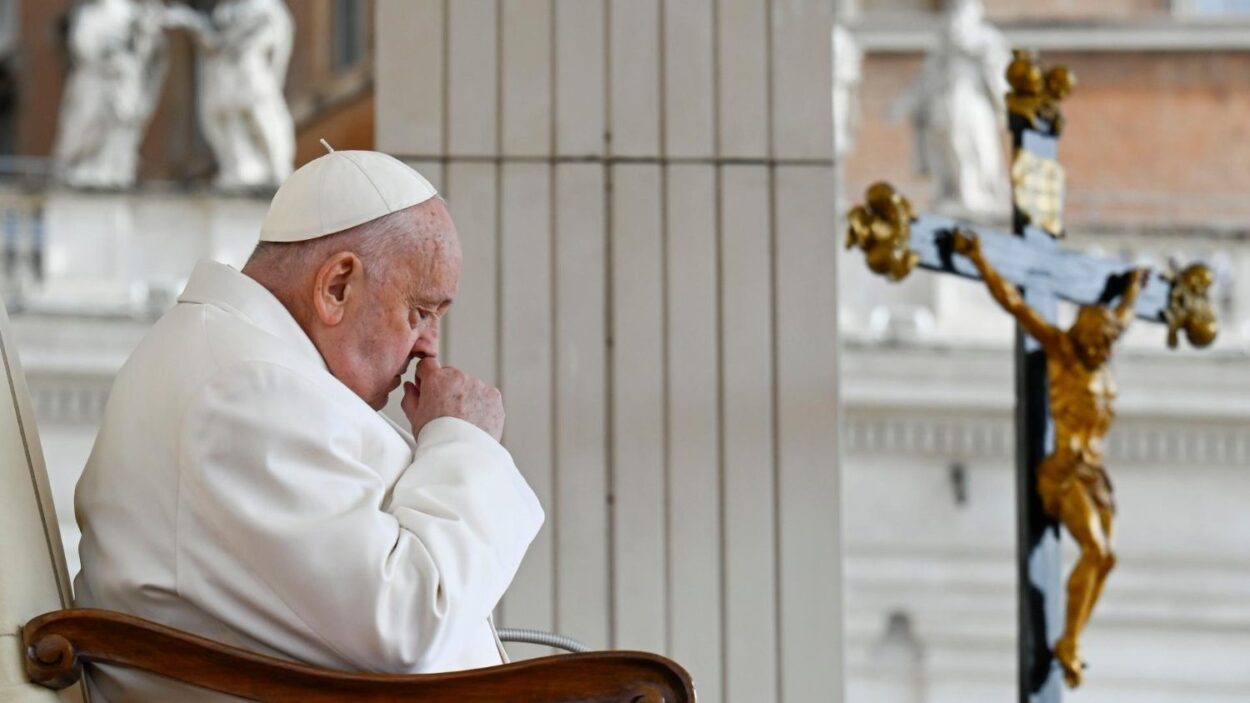 Image Source: Vatican media
Image Source: Vatican media
A Papacy That Reshaped the Face of the Church
Pope Francis’s pontificate was a bold chapter in the Catholic Church’s two-thousand-year history. He inherited an institution weighed down by scandal and disillusionment and opened its doors wider, to the bruised, the broken, and the forgotten.
In December 2023, Pope Francis made a landmark move in Church history, one rooted in courage, compassion, and a deep belief in human dignity. He formally allowed priests to bless same-sex couples, not to marry them, but to offer a personal blessing that honors their worth as human being, that every soul, without exception, is deserving of love, blessing, and belonging. Pope Francis remained steadfast in upholding the Church’s teaching that marriage is a sacred union between a man and a woman. His position was not one of judgment, but of fidelity, to the Church’s understanding of sacramental marriage rooted in Scripture and tradition.
True to his call as the Pope “from the ends of the earth,” Francis didn’t rewrite doctrine, but he redefined the Church’s heart. He placed mercy at the center of its mission and dared to confront its deepest wounds, taking bold, unprecedented action against clergy abuse and calling it, without hesitation, “our shame.”
For his transformative leadership, TIME Magazine named him Person of the Year in 2013, recognizing the way he shifted the tone, focus, and perception of one of the world’s most powerful institutions. This subtle yet profound shift transformed the perception many had of Catholicism, revealing “the maternal face of a Church that bows down to those who are hurting, especially those wounded by sin.”
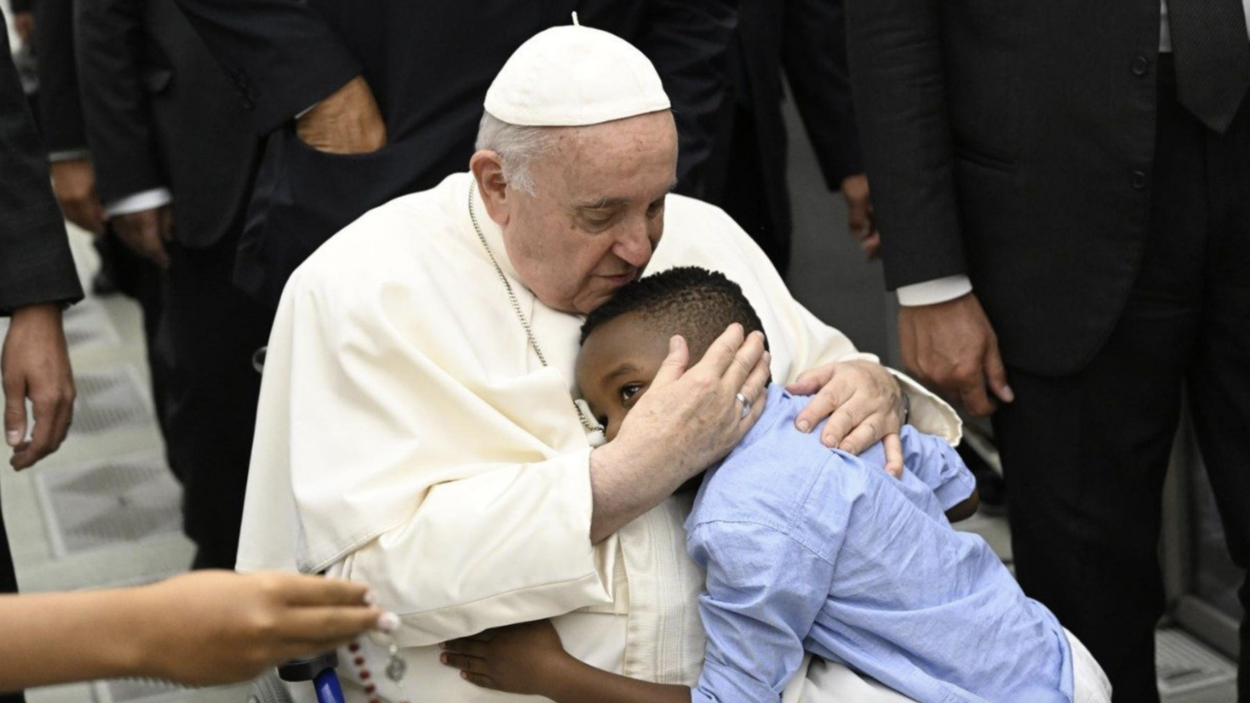 Image Source: Vatican media
Image Source: Vatican media
A Pope of Peace in a World at War
Pope Francis’s final days embodied a lifetime devoted to peace and compassion. On Easter Sunday, April 20th, amidst the flicker of fragile health, the 88-year-old pontiff took to the balcony of St. Peter’s Basilica, his spirit radiating strength even as his body battled a near-fatal bout of double pneumonia.
Although too weak to speak, his silent presence stirred thousands gathered in St. Peter’s Square, while an aide’s recitation of the Urbi et Orbi message, Latin for “to the city and to the world”, carried his unwavering call for peace far beyond the walls of Rome, reaching every corner of the globe:
“I would like us to renew our hope that peace is possible… I express my closeness to the sufferings of Christians in Palestine and Israel…Yet at the same time, I think of the people of Gaza, and its Christian community in particular, where the terrible conflict continues to cause death and destruction and to create a dramatic and deplorable humanitarian situation… I appeal to the warring parties: call a ceasefire, release the hostages, and come to the aid of a starving people that aspires to a future of peace!”
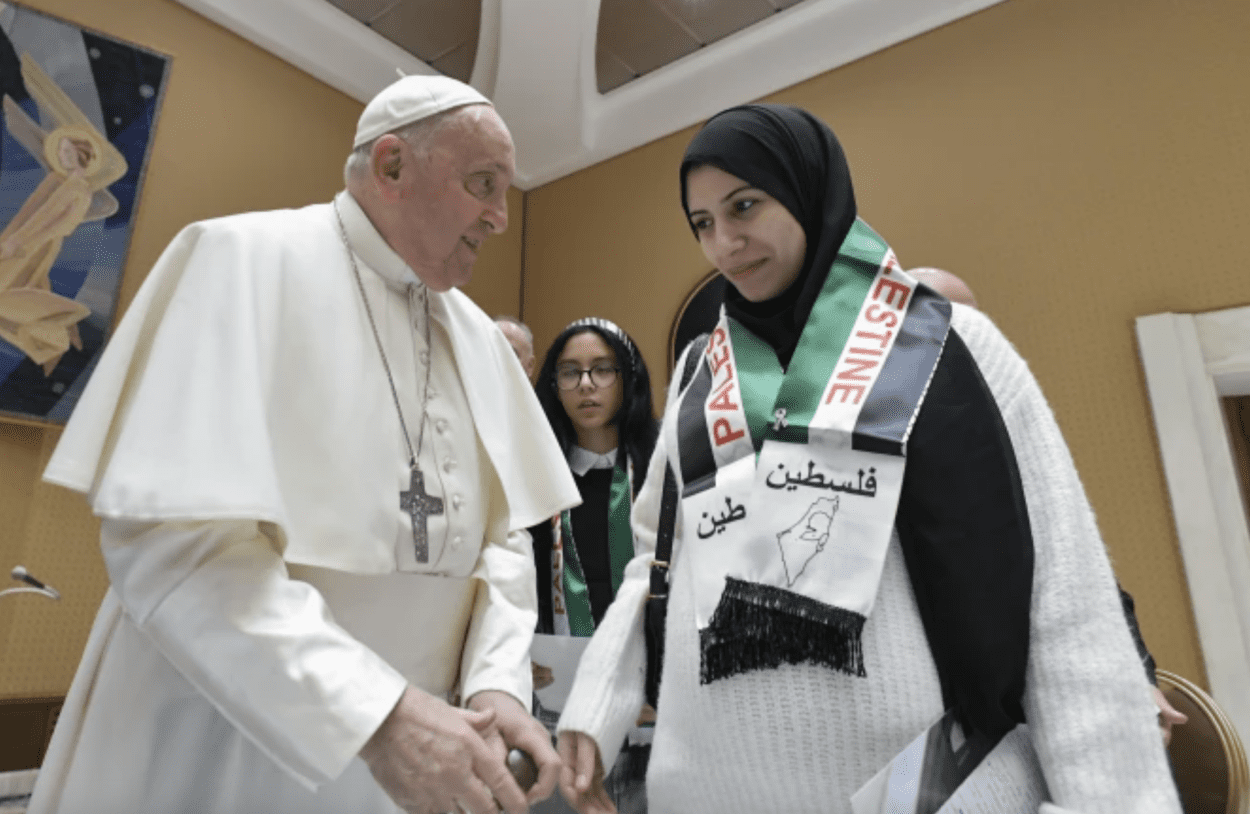 Image source: Vatican media
Image source: Vatican media
Even confined to a hospital bed in his final weeks, Francis’s determination to uplift the suffering never waned. He reached beyond borders, speaking directly with the Holy Family parish in Gaza, an enduring symbol of the bond he had cultivated throughout the Israeli offensive. His resolute solidarity, his unyielding heart for those in pain, inspires us to believe in a future where hope and peace prevail over despair and conflict.
A Global Outpouring of Grief
News of Francis’s passing triggered an unprecedented wave of tributes from world leaders across political, religious, and cultural divides.
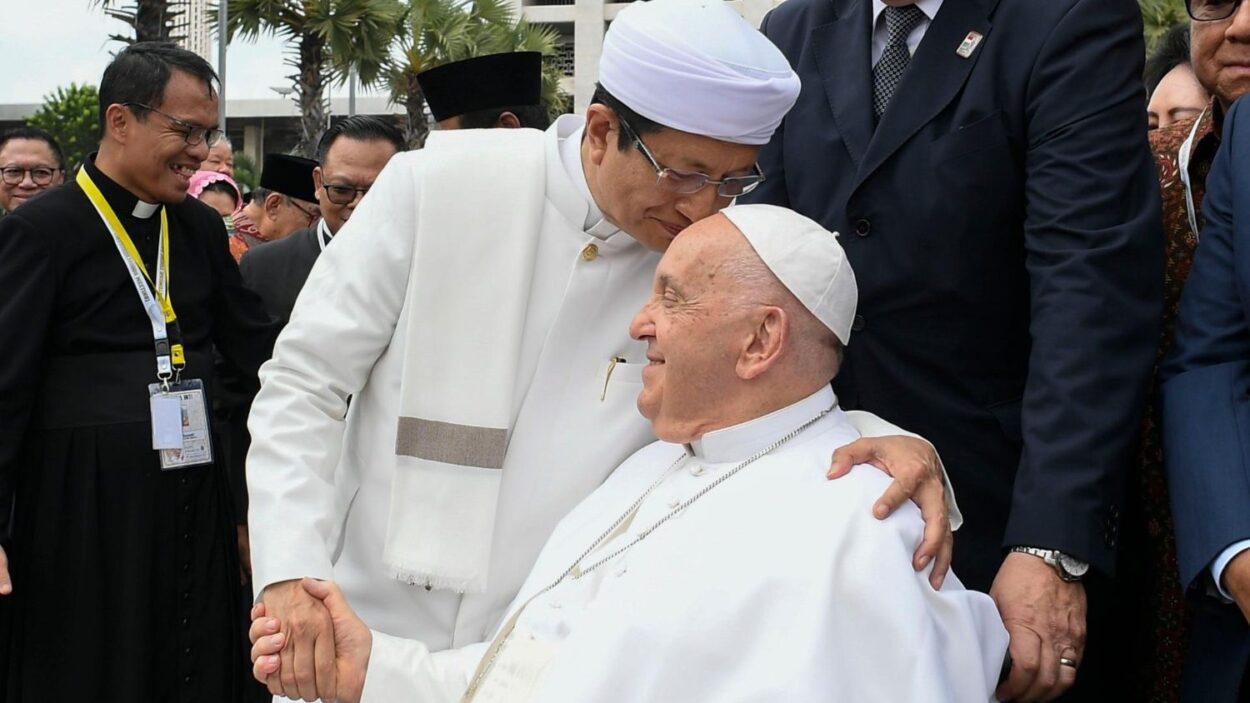 Pope Francis meet Palestinian President Mahmoud Abbas. Image source: Vaticannews
Pope Francis meet Palestinian President Mahmoud Abbas. Image source: Vaticannews
In Indonesia, Religious Affairs Minister Nasaruddin Umar expressed profound sorrow at the loss of someone he considered a close friend. “I am deeply saddened by the death of Pope Francis. Of course, his service and friendship cannot be forgotten,” he said in Jakarta. “Of course our prayers may your majesty get a worthy place at his side according to the virtues he has done.” The bond between Nasaruddin and Francis was symbolized by the Istiqlal Declaration signed on September 5, 2024, when Nasaruddin, as High Imam of Istiqlal Mosque, introduced the Pope to the concept of the mosque as “a great home for humanity.”
The White House shared poignant photos on social media platform X showing President Trump and First Lady Melania Trump’s 2017 meeting with the pontiff, alongside an image of Vice President Vance shaking hands with him on Easter Sunday. The simple caption read: “Rest in Peace, Pope Francis.”
U.K. Prime Minister Keir Starmer praised Francis’s courage and humility: “His leadership in a complex and challenging time for the world and the church was often courageous, yet always came from a place of deep humility.”
Ukrainian President Volodymyr Zelensky reflected that Francis “knew how to give hope, ease suffering through prayer, and foster unity.” Meanwhile, Russian President Vladimir Putin offered his “most sincere condolences,” acknowledging how Francis “actively promoted the development of dialogue between the Russian Orthodox and Roman Catholic Churches, as well as constructive cooperation between Russia and the Holy See.”
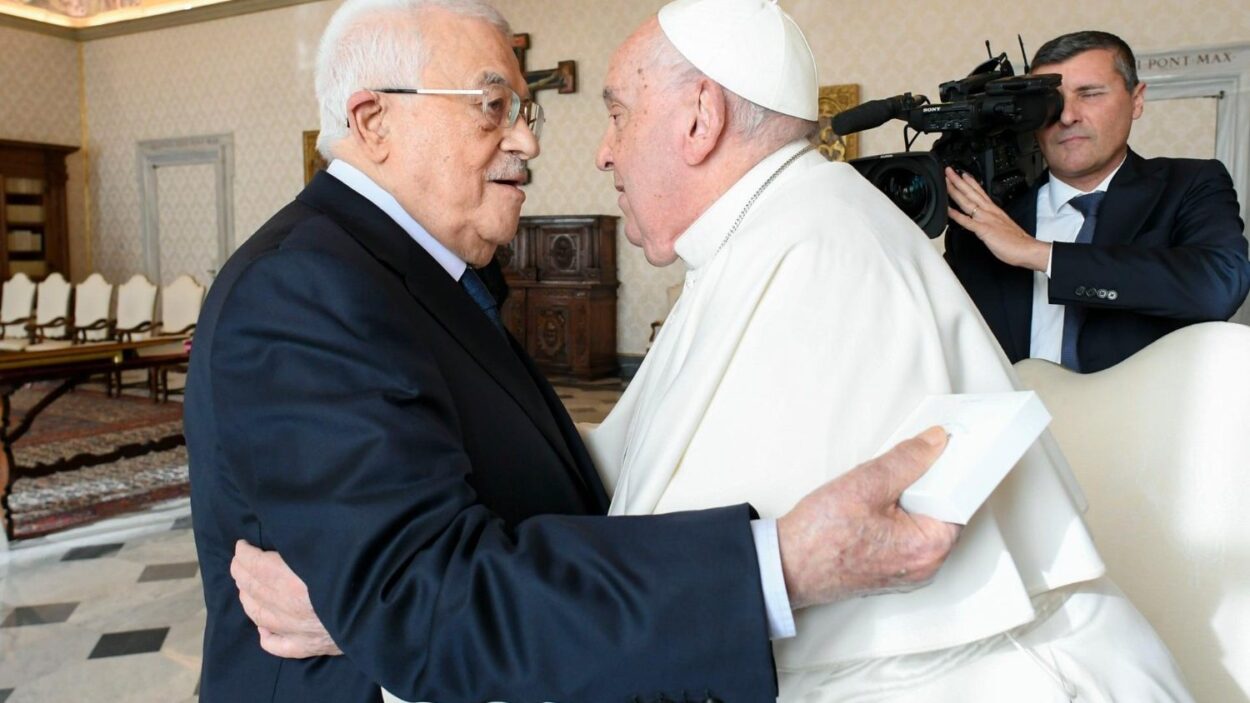 Pope Francis meet Palestinian President Mahmoud Abbas. Image source: Vatican media
Pope Francis meet Palestinian President Mahmoud Abbas. Image source: Vatican media
Italian Prime Minister Giorgia Meloni mourned that “a great man has left us,” noting she had “the privilege of enjoying his friendship, his counsel and his teachings, which never failed,” even “in times of trial and suffering.”
Ireland’s Taoiseach Micheál Martin spoke of his “profound sadness” and honored Francis’s “unwavering commitment to the principles of compassion, peace, and human dignity,” adding that “he spoke out for the poor, the marginalized, and the oppressed. His solidarity with refugees, his calls for climate action, and his insistence on global peace and equality set him apart as a champion of justice in the modern world.”
Britain’s King Charles, who had met with the pope at the Vatican just weeks earlier, remembered Francis for “his compassion, his concern for the unity of the Church and for his tireless commitment to the common causes of all people of faith, and to those of goodwill who work for the benefit of others.”
Australian Prime Minister Anthony Albanese observed that “Pope Francis’ compassion embraced all humanity, and today he will be mourned by Catholics and non-Catholics alike.”
From Iran, President Masoud Pezeshkian offered condolences and praised Francis’s stance on Gaza: “With sorrow, I offer my condolences on the passing of Pope Francis, the leader and spiritual guide of the world’s Catholics.” He added that the pontiff’s name and memory would remain “in the hearts of all awakened consciences and freedom-seekers” for his humanitarian positions, including the “condemnation of the genocide committed by the Israeli regime in Gaza.”
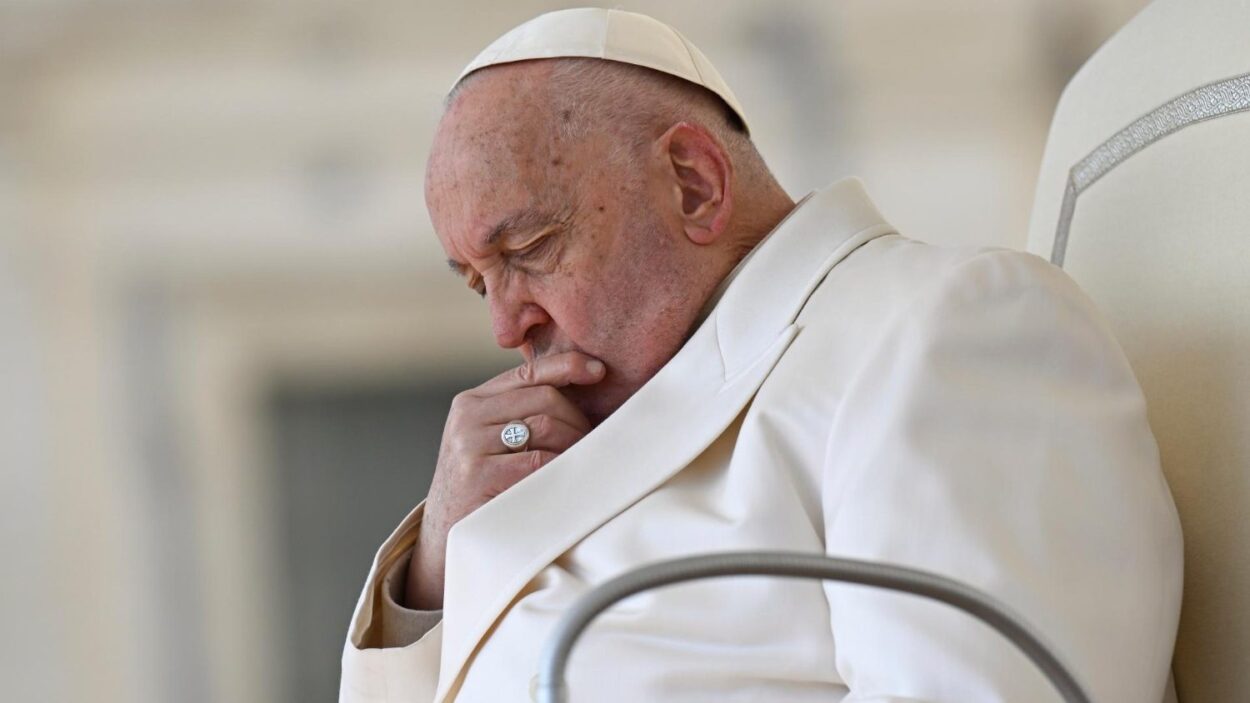 Image Source: Vatican media
Image Source: Vatican media
A Final Farewell
Pope Francis’s passing begins the Novendiale, nine days of global mourning, prayer, and reflection. True to his humble spirit, he requested a simple funeral, choosing to forgo much of the traditional Vatican ceremony. While his Requiem Mass will be held in St. Peter’s Square, he will be the first pope in over a century to be buried outside the Vatican. His chosen resting place is the Basilica of Santa Maria Maggiore, a church close to his heart because of his deep devotion to Mary, Mother of God.
In keeping with his wishes, Pope Francis will be buried in a simply wooden and zinc coffin, a final symbol of the simplicity he lived by. He will rest in the Vatican Grottoes, near nearly 100 of his predecessors, including Pope Benedict XVI. Around the world, daily Requiem Masses and prayers will honor the memory of a pope who led not with grandeur, but with mercy and compassion.
What Comes Next
The Church now enters the sede vacante, the vacant seat. Within the next two to three weeks, cardinals under the age of 80 will gather in the Sistine Chapel for a secret conclave to elect a new pope.
As ballots are burned, black smoke for indecision, white for a final choice, the world will wait. But the soul of Pope Francis, who reminded us that faith is not fear, but love in action, leaves behind a path lit brightly for those who follow.
In his final Easter message, Pope Francis called on the world to believe once more in peace. Today, as bells toll across the globe, we remember not only the man who led the Church, but the shepherd who knelt with the hurting, who forgave with joy, and who reminded us that to serve is the greatest gift of all.
Rest in peace “Papa”, Ad Vitam Aeternam
written by: Gaby Nareswari

